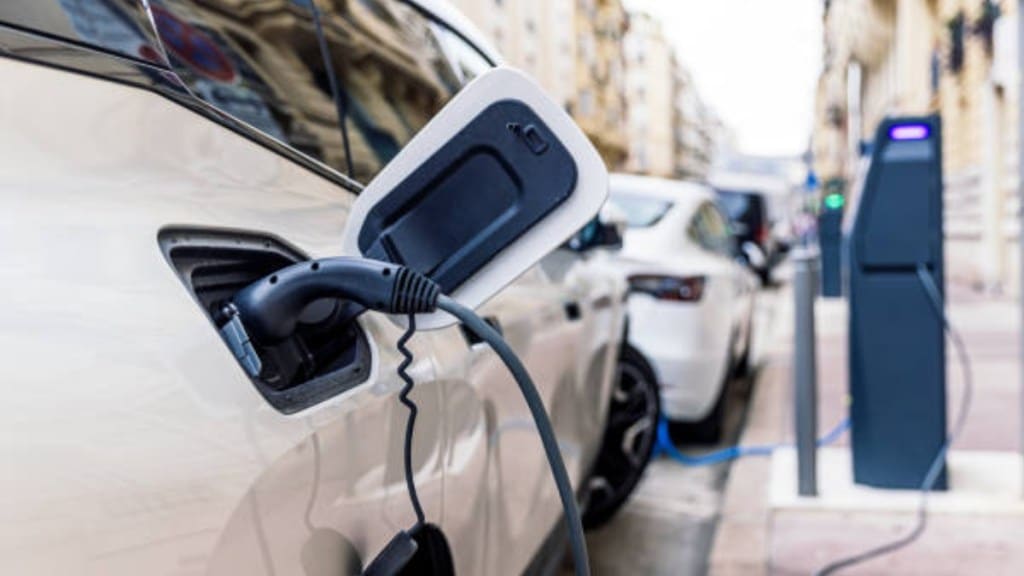The demand for semiconductors in electric vehicles (EVs) is increasing as automakers accelerate their transition toward cleaner energy and digital transformation. Semiconductors are used in critical components of EVs, such as: advanced driver assistance systems (ADAS), battery management systems, power electronics, and infotainment systems. With EV sales projected to grow significantly in the coming decade, several chipmakers like Nvidia, Infineon, MediaTek, NXP, Qualcomm, STMicroelectronics, are vying for a dominant role in the industry’s supply chain.
According to the International Energy Agency (IEA), EV sales surpassed 10 million units in 2022 and are expected to reach 30 million units annually by 2030. Each EV requires significantly more semiconductors than traditional internal combustion engine (ICE) vehicles, with some estimates suggesting up to three times the chip content per unit.
Raghavan Sampath, business development & sales head at MediaTek India emphasised that chipmakers are tailoring their products to meet the specific needs of the EV sector. “The Indian two-wheeler EV market is projected to reach Rs 10,000 crore by the end of 2025, with more than three million vehicles on the road, growing at a CAGR of 50% over the next five years.
To supplement this demand, MediaTek’s collaboration with Jio Things aims to strengthen our presence in this space,” he added. The two companies are partnering to create a smart digital cluster and module for two-wheelers and EVs in India.
Advanced semiconductors are critical for improving EV performance and efficiency. “Semiconductors play a key role in EVs by controlling the vehicle’s speed, engine, and other systems. They ensure the reliability of advanced driver assistance systems, sensors, and infotainment in modern vehicles,” Sampath noted.
Moreover, AI-optimised semiconductors play a vital role in real-time data processing, sensor fusion, and decision-making within autonomous driving systems. These chips enable intelligent transportation systems, modernising traffic management and vehicle-to-infrastructure communication. “On a global scale, AI-powered semiconductors are transforming the automotive industry,” said Sampath.
The semiconductor industry is also focusing on strengthening the supply chain to meet rising EV demand. Partnerships and proactive strategies are essential for managing risks and amplifying opportunities. Sampath emphasised the need for industry-wide collaboration and said, “Industry must adopt new strategies that focus on proactive measures to amplify opportunities and mitigate risks. It must also bring in the right intelligence to inform strategic decisions and drive business growth, strengthening supply chain resilience with strategic partnerships.”
Automakers are similarly aware of these challenges. Santosh Iyer, MD & CEO of Mercedes-Benz India, commented, “Technologies such as AI will transform customer preferences, defining the future of automobiles and semiconductors will play a critical role in this transformation. It is hence imperative that we build a robust ecosystem supporting the rising demand in EVs for a software-driven and decarbonised future.”



















